The Most Hormonally Regenerative Fruit on Earth
How Pomegranate Delivers Bioidentical Estrogens, Rejuvenates Endocrine Health, and Regenerates and Prolongs Life in the Way the Creator Intended
Pomegranate is more than a fruit. In fact, biologically speaking, it isn’t a fruit in the way we typically imagine. It is the ripened, seed-bearing ovary of the flowering plant we call by its name—a botanical structure technically classified as a berry. More than food, it is an archetype: an ancient symbol of fertility and divine remembrance, encoded in a fleshy, seed-rich matrix of biochemical brilliance. In form, it mirrors the human ovary. In function, it nourishes the reproductive system.
And now, we know it contains a hormone so vital to female health that it is routinely replaced pharmaceutically later in life: estrone, one of the body’s three primary estrogens.In the mid-20th century, a quiet yet monumental discovery was made: scientists confirmed that pomegranate seeds contain bioidentical estrone in concentrations unmatched by any other known plant. Though largely overlooked by mainstream medicine, this finding challenges decades of assumptions about where and how hormone support can be found in nature. And as our understanding of endocrine health deepens, the implications of that early research have only become more profound.
This article revisits that nearly forgotten study, illuminates how pomegranate’s nutrient-dense matrix supports hormonal regeneration, and reveals the broader spectrum of its therapeutic effects. Once considered merely symbolic of fertility, pomegranate is now scientifically recognized to impact over 100 disease states—reaching into nearly every physiological system of the body.
And while its visual and symbolic association with the ovary is undeniable, pomegranate’s influence is not limited to the female body. A growing body of research reveals its ability to support testosterone levels in men, enhance sperm quality, and improve overall reproductive health. In one clinical study, pomegranate juice consumption led to a measurable increase in salivary testosterone in both men and women. Animal models confirm these effects, showing enhanced testosterone production, improved sperm parameters, and reduced testicular oxidative stress. In other words, pomegranate may act as a natural hormonal harmonizer—supporting vitality across the entire sex-gender spectrum.
Pomegranate and the Doctrine of Signatures
The Doctrine of Signatures, rooted in ancient Greek and Renaissance thought and echoed in Ayurveda and Chinese medicine, teaches that Nature signals the healing properties of plants through their appearance. A walnut resembles the brain and nourishes it. A kidney bean mimics the organ after which it is named, and supports renal health.
Likewise, the pomegranate—cut open to reveal its seed-filled chambers—strikingly mirrors the human ovary. This visual resemblance is more than symbolic.
It signals a profound therapeutic correspondence that science has only recently begun to confirm.
The 1966 Heftmann Study: Discovery of Bioidentical Estrone
In 1966, a short communication in the journal Phytochemistry reported an astonishing finding: bioidentical estrone had been chemically isolated and confirmed from pomegranate seeds. Conducted by Dr. Erich Heftmann and his colleagues at the U.S. Department of Agriculture, the study employed rigorous techniques—thin-layer chromatography in three solvent systems, colorimetric analysis, and a functional bioassay in ovariectomized mice—to establish the identity and biological activity of the compound.
The results were unequivocal:
The compound from pomegranate seeds matched estrone in chromatography, derivatization, and reactivity tests.
When administered to estrogen-deficient mice, the pomegranate-derived estrone restored uterine weight and hormone function to levels indistinguishable from pharmaceutical estrone.
The yield of estrone was measured at 17 mg per kilogram—making it the richest known plant source of steroidal estrogen ever documented.¹
This finding challenges the prevailing medical view that phytoestrogens (plant-derived compounds that mimic estrogens) are the only hormonally active substances in plants. Instead, it confirms that actual mammalian-type steroid hormones can occur in the plant kingdom.
Bioidentical by Design
Estrone, estradiol, and estriol are the three primary estrogens in the human body, with estrone playing a particularly important role in postmenopausal women. The fact that pomegranate contains estrone in bioidentical form—chemically and biologically indistinguishable from the body’s own—is a revelation.
Whereas pharmaceutical hormone replacement therapies (HRT), including synthetic and horse-derived estrogens like Premarin, are known to increase the risk of breast and uterine cancers, pomegranate exhibits a selective estrogen receptor modulator (SERM) profile. This means it:
Stimulates estrogen receptors in beneficial tissues (e.g., bone, brain, skin)
Suppresses activity in tissues linked to cancer proliferation (e.g., breast, endometrium)
A 2011 study published in the Journal of Nutritional Biochemistry demonstrated that pomegranate extract, when compared with estradiol and Tamoxifen, prevented estrogen-dependent cancer promotion without increasing uterine weight—a typical Pomegranatemarker of carcinogenicity in estrogen therapy².
More Than a Hormonal Ally: The Broad-Spectrum Benefits of Pomegranate
Pomegranate’s gift to hormonal health is just one expression of its broader regenerative intelligence. According to the GreenMedInfo research database, pomegranate has been shown to offer benefits across over 100 distinct health conditions, including:
Cardiovascular health: reducing arterial plaque, lowering blood pressure, improving lipid profiles
Cancer: suppressing tumor growth in breast, prostate, colon, and skin cancers
Metabolic support: improving insulin sensitivity and reducing blood sugar in diabetics
Cognitive function: protecting against neuroinflammation and memory loss
Fertility enhancement: improving uterine blood flow and sperm motility³
For a comprehensive breakdown, see my article “100+ Health Properties of Pomegranate (Now Includes Helping with Diabetes)”. This fruit's polyphenolic, antioxidant, and anti-inflammatory profiles make it a veritable pharmacy of nature.
The Regenerative Hormone Cycle and Vitamin C
Hormones degrade under oxidative stress and are often rendered inactive or toxic in their metabolite forms. Yet the body has the capacity to regenerate steroid hormones—provided it has the right molecular co-factors.
Vitamin C, especially in its food-based form, plays a crucial role as an electron donor that can recycle hormones like estrogen and testosterone into their active states. In my previous article “Sunshine Vitamin Regenerates and Detoxifies Your Hormones”, I explored how this mechanism works in detail.
Pomegranate is naturally rich in the exceptionally and irreplaceably bioactive food-derived vitamin C, positioning it as both a supplier of bioidentical estrone and a regenerator of endogenous hormones through antioxidant pathways.
This synergy between hormonal donation and redox cycling suggests a highly intelligent system of endocrine nourishment encoded within a single fruit.
A Natural Endocrine Strategy
Unlike conventional HRT, which introduces high doses of isolated hormones and often shuts down the body’s feedback mechanisms, pomegranate supports the entire hormonal ecosystem:
Phytonutrients like punicic acid and ellagic acid reduce inflammation and oxidative stress in the ovaries and endocrine glands
Polyphenols modulate insulin, cortisol, and leptin pathways
Hormonal analogues like estrone provide direct replenishment in times of depletion
Vitamin C regenerates existing hormones and protects receptor sites
This is not hormone replacement—it is hormonal restoration, aligned with the rhythms and intelligence of the body.
Practical Integration
Incorporating pomegranate into a daily wellness practice is simple and powerful:
Eat the seeds whole: The arils contain fiber, trace minerals, and bioactive seed oils
Drink organic, cold-pressed juice: Preferably unsweetened and taken with a meal to moderate insulin response
Use pomegranate seed oil: Internally or topically, for concentrated punicic acid benefits
Be consistent: Like any regenerative practice, long-term use is key
Honor the ritual: Let its consumption be a sacred act of remembrance—of vitality, of wisdom, of the feminine
Conclusion: A Portal of Remembrance
Pomegranate is not merely a food, a nutrient source, or a supplement. It is a biological mirror, a functional ovary, a regenerative signal, and a symbol of sacred feminine vitality.
It is a plant that speaks the language of the body fluently—one that offers not just symptomatic relief, but systemic coherence in one’s biological field.
At a time when millions of women are navigating hormonal decline, metabolic dysfunction, and premature aging, the return to a fruit like pomegranate is both a scientific imperative and a sacred return.
In the pomegranate, we find a convergence of form, function, and myth—an invitation to regenerate, not merely age. To nourish, not merely supplement. To remember, not merely medicate.
It is, in every sense, a crimson ovary. A living medicine. A testament to the truth that Nature provides not only what we need—but what we are.
Interested in learning more about the miraculous regenerative capabilities of foods like pomegranate? Enroll in my Regenerate Yourself Masterclass, enjoyed by over 400,000 participants here.
Sayer Ji
Founder, GreenMedInfo
International best-selling auuthor of Regenerate
References
Heftmann, Erich, Shun-Tzu Ko, and Raymond D. Bennett. “Identification of Estrone in Pomegranate Seeds.” Phytochemistry 5, no. 6 (1966): 1337–1339. https://doi.org/10.1016/S0031-9422(00)86133-6.
Kim, N. D., et al. “Pomegranate Extracts Selectively Modulate Estrogen Receptors and Suppress the Growth of Breast Cancer Cells.” Journal of Nutritional Biochemistry 22, no. 7 (2011): 656–664. https://doi.org/10.1016/j.jnutbio.2010.05.002.
Ji, Sayer. “100+ Health Properties of Pomegranate (Now Includes Helping with Diabetes).” GreenMedInfo, August 29, 2022. https://greenmedinfo.com/blog/100-health-properties-pomegranate-now-includes-helping-diabetes-3.
Ji, Sayer. “Sunshine Vitamin Regenerates and Detoxifies Your Hormones.” GreenMedInfo, July 21, 2023. https://greenmedinfo.com/blog/sunshine-vitamin-regenerates-and-detoxifies-your-hormones.



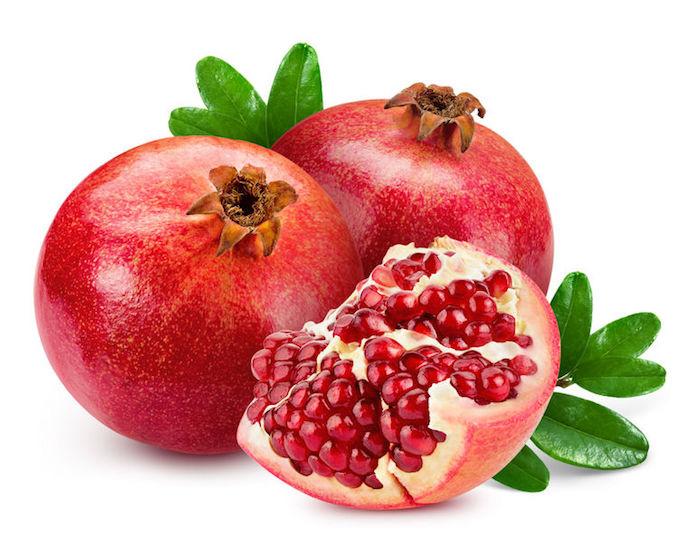
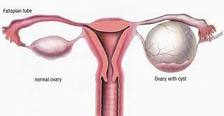
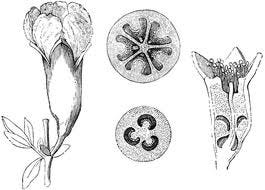
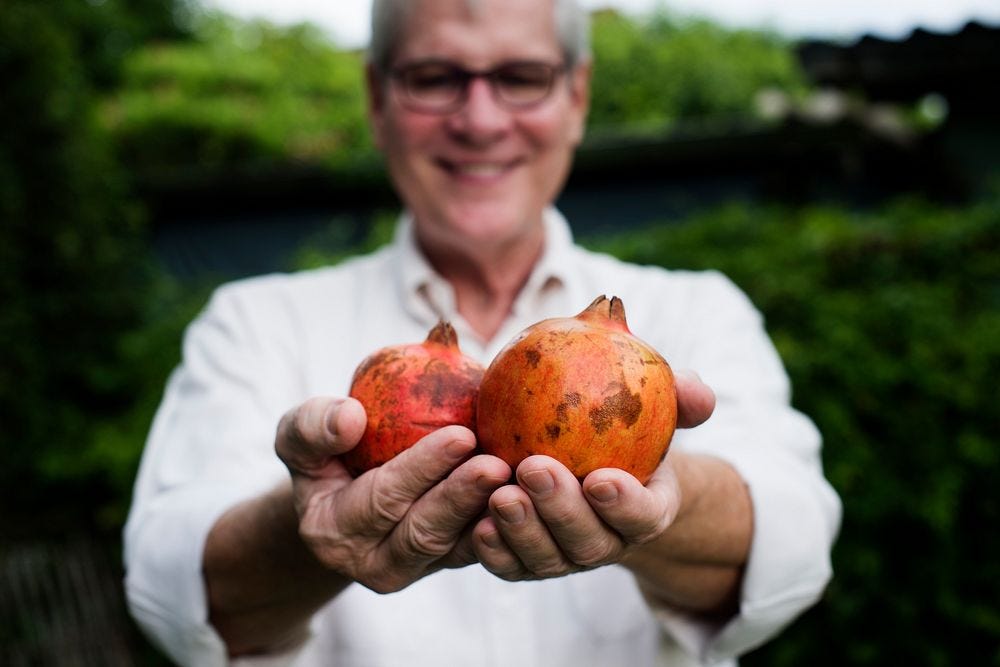

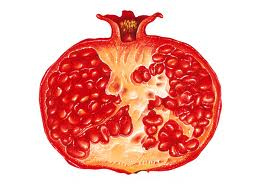
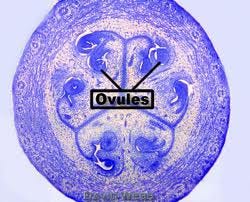

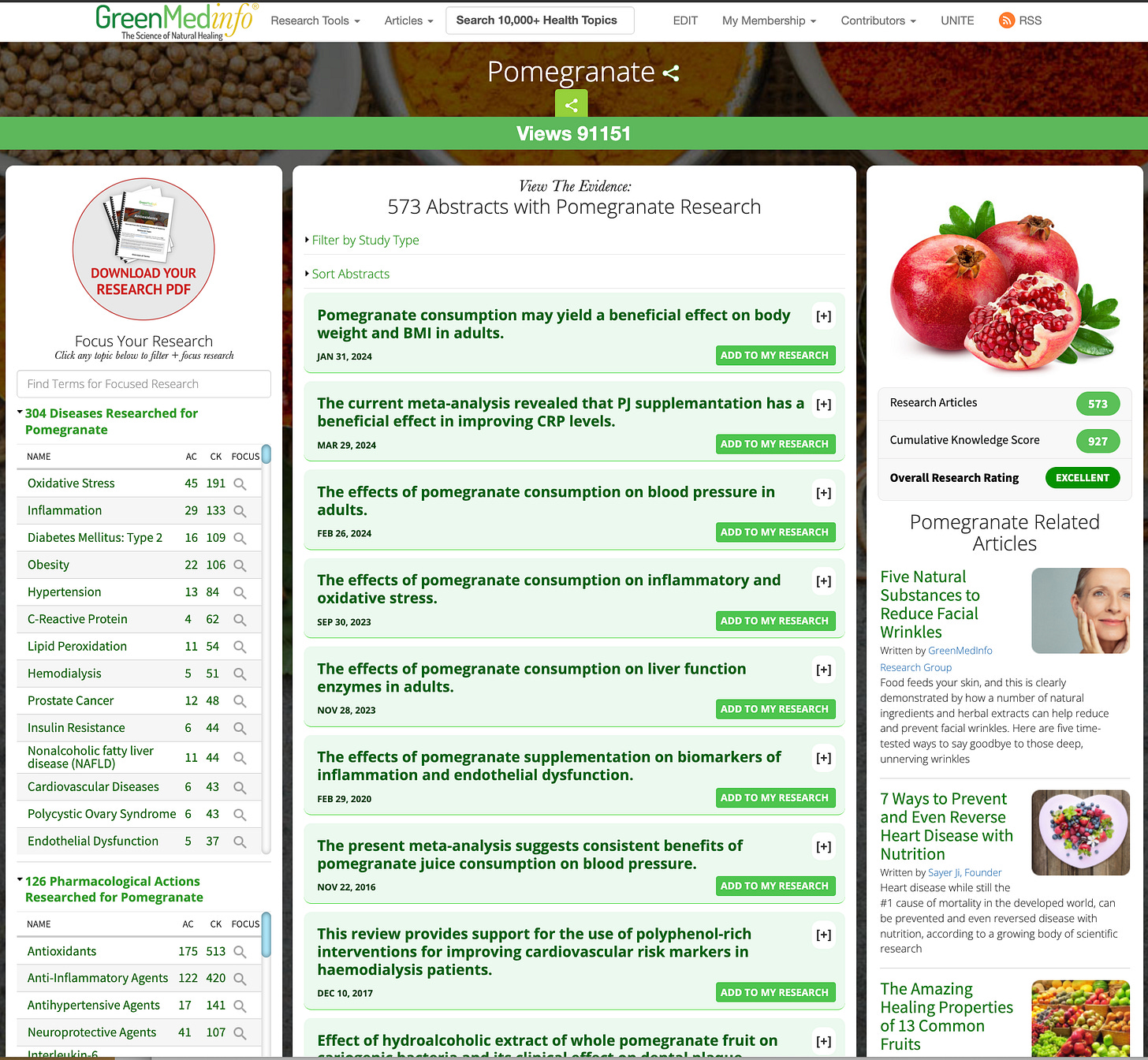

Thanks Always great info Getting Harder to get On Purpose as Everything
Pomegranates are my favorite fruit and I look forward to the fall to eat them. They are like succulent ruby kernels - much cherished. Once you know how to break into them, they're a joy to eat.